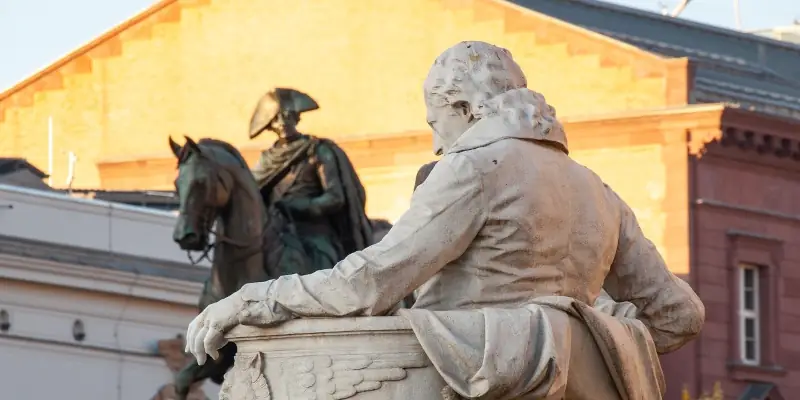I recently talked about investing, which is preparation for the future. By the way, I said investing is similar to a king’s work in the previous article (this article). Today, I will explain it in more detail.
How to be more wealthy?
Sometimes, we want to be more wealthy. It gives us freedom or spiritual fulfillment.
Wealth is not only money. It could be various things, such as time, space, health, peace of mind, free relationships without bindings, or the activities we love. Each is one form of wealth. I call them assets.
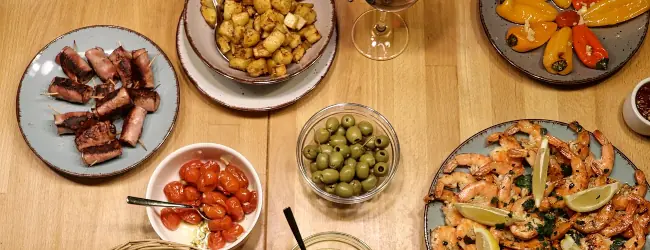
We could have abundant assets but also missing ones. For example, some might have a lot of money but less time and an exhausted mind.
How to manage our assets
To feel fulfillment, we have to balance them. At least we need to fill in the missing ones. Although pursuing one asset gives us excitement, it never fulfills us.
Some might think pursuing one asset suits them and want to avoid something uninterested. However, it is usually a lie to themselves or ignorance because we cannot be indifferent to what makes us happy. Although focusing on one area makes it easier for us to succeed socially, it doesn’t apply to our individual lives. Social success and our lives are different things.

That is why we have to manage our assets and deploy them efficiently. It gives us happiness in the long term.
However, we often don’t know how to manage them. That makes us pursue one asset and stagnate. Pursuing social success while ignoring health or the rest of life would be an example.
Today, I will introduce a perspective to make it easier to manage our assets. It is the perspective of a king. This might allow us to balance our wealth efficiently.
What is asset management?
Managing our assets is an activity of exchanging abundant things for affordable but necessary ones in the future. Asset management is not consumption. Although we don’t consume them immediately, that gives us value. That makes us more wealthy. In other words, asset management is a time-based value-creation activity.
For example, we buy affordable groceries and stock them. This means we exchange money for groceries. We judge those groceries are more valuable than the price of money, and we can store them, so we buy them.
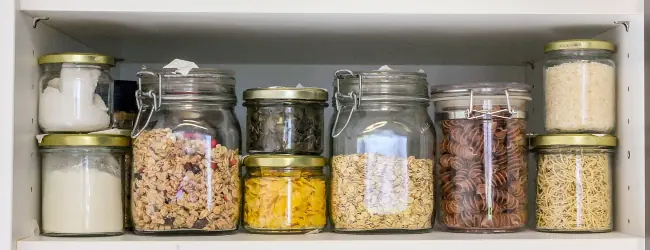
If we don’t have enough money, we might grow vegetables. In this case, we exchange our abundant time and efforts for groceries. We can enjoy them because the time and effort do not cost so much.
They are time-based value-creation activities. We can increase wealth by predicting consumption.
A king’s perspective to manage our assets efficiently
This is the same as governance as a king. Assume we are the king of a kingdom in a remote location with a lot of undeveloped land. Our subordinates are our resources. They work for us with loyalty. We can deploy them at our disposal.
In this situation, we have to manage our resources as a king. It might require the four things as follows:
- We need direction in life, which is the long-term strategy for well-balanced abundance. Independence or dependence could be directions.
- We have to know what assets we have. We understand what is abundant and what is scarce.
- We put the right subordinates (assets) in the right place at the right time.
- We don’t need to pursue status because we are already kings. That encourages the development of the kingdom.
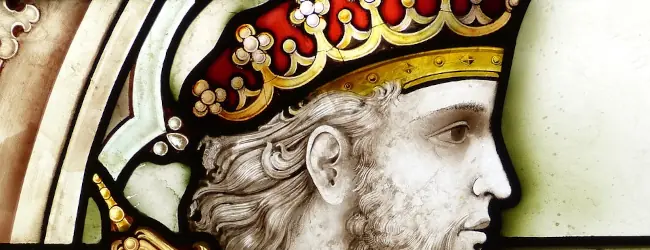
Let me explain them below.
The king judges it from history
First, the king judges it from history. Kings rarely make today’s judgments based only on yesterday’s events. That brings them calm and steady improvements.
For example, an employee might fear his boss’s mood because his boss had a bad day yesterday. That fills the employee with anxiety and leaves him with no room to think about anything else. In other words, yesterday’s trouble could overwhelm us. In this situation, we cannot judge calmly.
On the other hand, the king’s perspective is different. He judges its significance from the kingdom’s history. If he judges it can be critical, he will take action immediately. However, if not, he will ignore it. He can decide it calmly.

That history corresponds to our direction in life. We judge things by it. Perhaps we also have to learn the history of what made people happy and unhappy. If we have individuality, we may need to consider the minor side of happiness. Historical perspective provides us with not only peace of mind but also the foundation for continuous development.
Kings and we live with history. That prevents us from being overwhelmed by yesterday’s troubles and allows us to improve steadily.
Knowing and using our assets
Second and third, we have to know what assets we have. It is the same as knowing our kingdoms correctly. That allows us to use our assets efficiently.
We have to distinguish our current assets from our ideals. We don’t need positive thinking or affirmations. Assets are neither good things nor bad ones. Some of them are things we don’t know how to use yet or defects in the current situation.
However, we could find out later how to use it efficiently. Some cheap things could be valuable from a historical perspective. For example, defective vegetables become expensive in wartime. That perspective gives us the concept of cycles.
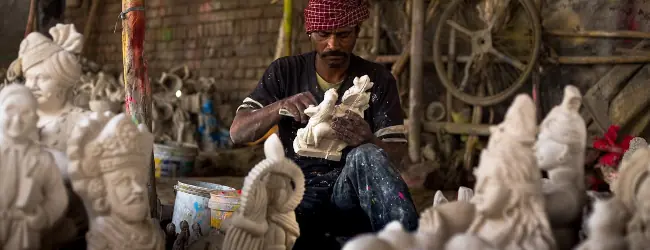
People who have made achievements often have an audience with the king. Perhaps this is a system for the king to know his assets.
From a historical perspective, the types of problems that arise in the kingdom are not so many. If the same phase of the cycle comes in the future, he can solve his problem by leaving it to that person or the person’s organization.
Our lives are the same. To use our assets efficiently, we have to know what we have. That allows us to put the right assets in the right place at the right time.
Avoiding the pursuit of status
Finally, we don’t have to pursue status. This encourages the development of the kingdom.
We are already kings. Our assets are subordinates with loyalty. They love and respect us.
If we can use them effectively, they work well energetically. However, if we ignore or misuse them, they will gradually dwindle.
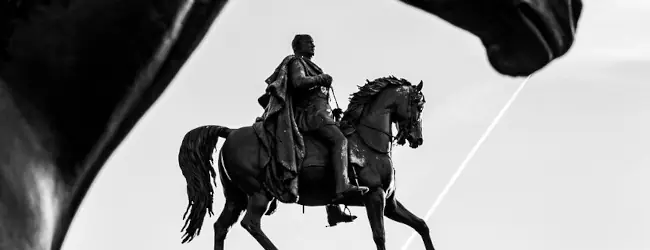
The feeling of a lack of love makes us pursue a status that gives us respect. It can be fatal if we head toward independence because it is a way of dependence. That causes us to buy expensive, useless statuses instead of affordable but valuable things.
Our assets love and respect us. We don’t need to use them for status. If we use them effectively, they will keep us satisfied. In other words, forgetting our status and using resources efficiently will be our status.
Conclusion
That would be the perspective of a king.
This might make it easier to manage our assets and increase our wealth efficiently.
Thank you for reading this article. I hope to see you in the next one.


